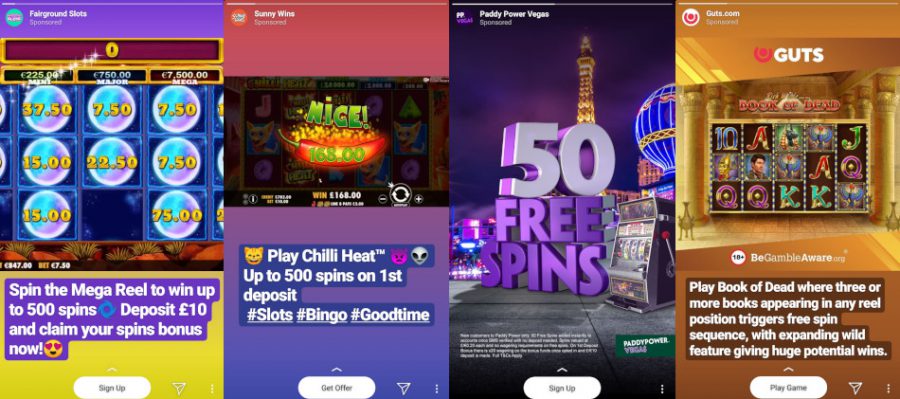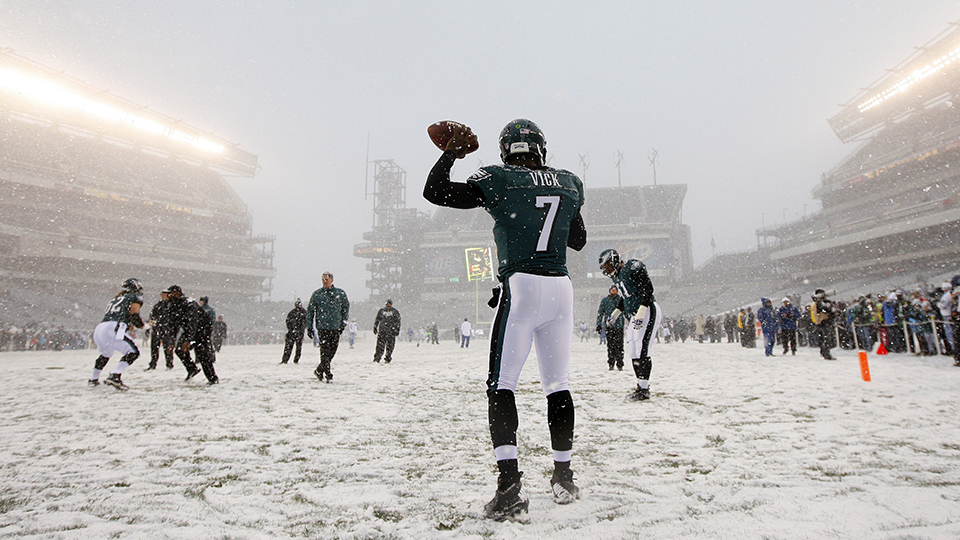Can You Advertise Gambling

- Many gambling managers have the impression that because off-sale liquor stores may continue to sell pull-tabs at this time, and, per executive order, on-sale bars can now also sell off-sale beer and wine, that all bars may therefore sell pull-tabs. However, that conclusion is incorrect.
- The Gambling (Licensing and advertising) Act 2014 took effect on 1 November 2014. It contains provisions relating to the licensing of gambling operators advertising or offering remote gambling facilities to consumers in the UK. We urge you to seek legal advice regarding the requirements of the act if you are unsure.

Can You Advertise Gambling On Facebook
Today, it is legal to advertise online gambling on Facebook and Instagram. A few years earlier, it was impossible since social networks positioned themselves as family-based or youth platforms. Facebook and Instagram impose those main rules if you want to promote a gambling website. The ACMA has been monitoring how the new gambling advertising restrictions during live sport on TV, radio and online have been operating since they began in 2018. In November 2019, the ACMA published a research report with findings from our first 12 months of monitoring gambling ads. Advertising and promoting your lottery or raffle online. It may seem like an easy way to raise money or to have fun on your online social network but lotteries (which includes raffles, sweepstakes and some competitions) are a form of gambling and are subject to laws about how they can be run and who can run them.
Thousands of Americans gamble online. But is online gambling legal? We break it down to show you what you can do, what you can't do, and what's still up in the air.
by Katherine Butler
updated September 03, 2020 · 2min read
The legality of online gambling is ever-changing. But one thing is constant: it makes a lot of money. Online gambling industry makes an estimated $1 billion dollars annually. This is a huge business, and a lot of people have cashed in on it. But it has led to some ambiguous legal issues, as the legality of online gambling is constantly being challenged.

Can You Advertise Gambling On Instagram
There are differences in the legality of making bets, taking bets, facilitating payments to casinos, and advertising on websites. And there are constantly new legal challenges. So here is a breakdown of the law on online gambling.
Can You Advertise Gambling On Facebook
Legal Forms of Gambling
There is no federal law against placing a wager online. So, you can legally place a bet online. However, a wager must not be placed on a site located in the United States. There is a small chance players might run afoul of state law, but there is little chance of prosecution. The only case cited where a person got into trouble with a state was in 2003. Jeffrey Trauman of North Dakota paid a $500 fine on over $100,000 of online sports bet winnings.
Sites that are set up outside of the United States are legal. Therefore, gambling on websites located in areas like Australia, the Caribbean, and Latin America is legal. Just be very clear that the site you are playing on is not based on U.S. soil.
Definitely Not Legal Forms of Gambling
It is never legal to gamble on a website based in the United States. Also, if you are planning to operate an online gambling site, stay outside of the United States. You must also deal only with casino and poker wagers (not sports bets) from people in the US. And you cannot take bets over the phone from people in the United States.
Accepting online gambling advertising is also illegal. If you are a small publisher, you are less likely to be prosecuted, but why risk it? As of early 2009, only large and mid-size publishers had faced prosecution. In 2007, the three big search engines (Google, Yahoo, and Microsoft) each paid a fine for accepting online gambling ads, but did not face criminal charges. Other publishers, such as Esquire Magazine, have been warned by the government not to take online gambling advertising.
Facilitating the transfer of funds to online casinos is also a bad idea. As of 2006, it became illegal for American banks to process transactions originating from or directed toward any online gambling operator. Because of this, several sites then refused to take bets from American players. But as the law seems difficult to enforce, it has not turned the tide completely for American players.
Still up in the Air
Advertisers who promote sports books in magazines and on billboards may or may not face prosecution. So far, sports books have never been scrutinized for advertising online. And online casinos, poker rooms, and sports books have never been prosecuted for buying ads.
Online casinos and operators still accept American players. And international financial parties have continued to process their transactions. The legality is always changing and there have been attempts to declare online wagering against the law, but for now, U.S. citizens who simply place bets online are in the clear.
If you've ever had a Father's Day ad offering great deals for your dead dad sail into your inbox, you know that online advertising can be disturbing sometimes. Children's gifts for people struggling to get pregnant, pet toys for your deceased doggo, the list goes on.
Google is taking a small but helpful step to help people control what ads they run into. Starting with YouTube in the U.S., users will be able to toggle off ads for alcohol and gambling — two subjects that are very sensitive for a big swath of people. The new option will roll out to Google Ads and non-U.S. YouTube early next year.
In a blog post Thursday, the company said that it would add the option to its ad settings controls, which already allow people to turn off targeted advertising altogether. Technically Google says that uses who opt to limit gambling and booze ads will see 'fewer' of them, but that language is likely allowing for anything that slips through accidentally.
As a sober person, this is a helpful decision for a lot of people I know who'd rather not run into booze deals online out of the blue. More of this please!